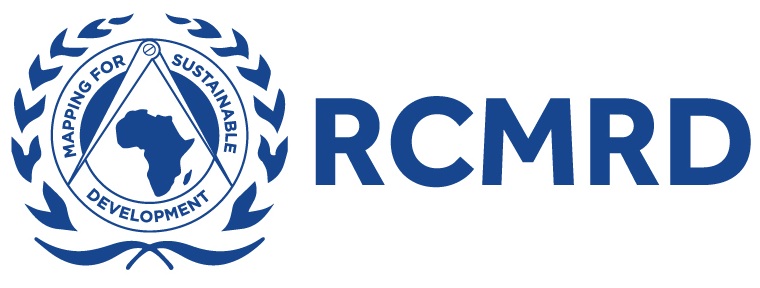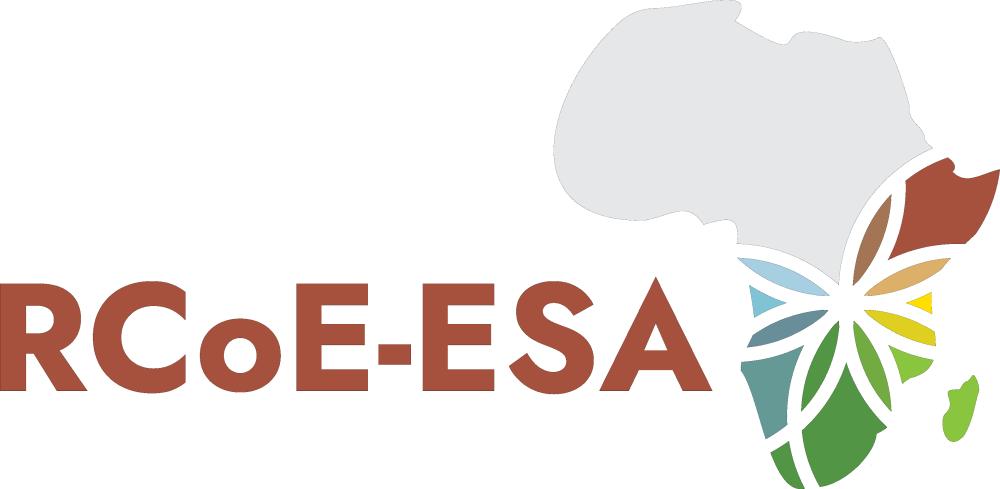 Translate
Translate
Transfrontier Conservation Areas
Liuwa Plains - Mussuma


The Liuwa Plains–Mussuma Transfrontier Conservation Area (TFCA) is a rich, biodiverse landscape that spans the border between western Zambia and eastern Angola, linking Liuwa Plain National Park in Zambia with Mussuma (or Mussoma) region in Angola. This TFCA is part of the broader Kavango-Zambezi (KAZA) TFCA initiative and represents a unique opportunity for cross-border ecological and cultural connectivity.
A Crucial Ecological Corridor
The Liuwa Plains–Mussuma landscape is a biodiversity treasure in the greater Zambezi Basin. It is internationally recognized for hosting Africa’s second-largest wildebeest migration, supporting predators such as cheetahs, lions, hyenas, and African wild dogs. The area is also home to over 350 bird species and includes part of the Zambezi River catchment, which is critical to regional water security and ecosystem health.
Liuwa Plain National Park, located in Zambia and covering 3,369 km², has been a conservation beacon since the 19th century, when it was protected by King Lubosi Lewanika. Recent restoration efforts have included predator reintroductions and community-led conservation programs, setting a strong precedent for transboundary collaboration.
The Mussuma region in Angola offers vital complementary habitats, including woodlands and riverine areas. Though impacted by past conflict, it holds enormous potential for ecological restoration and species recovery, particularly through connectivity with Liuwa.
A Vision for Conservation-Led Development
The MoU signed on 28 May 2025, reflects Zambia and Angola's deepening commitment to transboundary conservation.
The TFCA is also expected to enhance the region’s climate resilience given its import water sources for the Zambezi basin and serve as a model for landscape-scale conservation in Africa.
The Liuwa Plains–Mussuma landscape is a biodiversity treasure in the greater Zambezi Basin. It is internationally recognized for hosting Africa’s second-largest wildebeest migration, supporting predators such as cheetahs, lions, hyenas, and African wild dogs. The area is also home to over 350 bird species and includes part of the Zambezi River catchment, which is critical to regional water security and ecosystem health.
Liuwa Plain National Park, located in Zambia and covering 3,369 km², has been a conservation beacon since the 19th century, when it was protected by King Lubosi Lewanika. Recent restoration efforts have included predator reintroductions and community-led conservation programs, setting a strong precedent for transboundary collaboration.
The Mussuma region in Angola offers vital complementary habitats, including woodlands and riverine areas. Though impacted by past conflict, it holds enormous potential for ecological restoration and species recovery, particularly through connectivity with Liuwa.
A Vision for Conservation-Led Development
The MoU signed on 28 May 2025, reflects Zambia and Angola's deepening commitment to transboundary conservation.
The TFCA is also expected to enhance the region’s climate resilience given its import water sources for the Zambezi basin and serve as a model for landscape-scale conservation in Africa.










